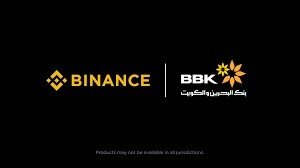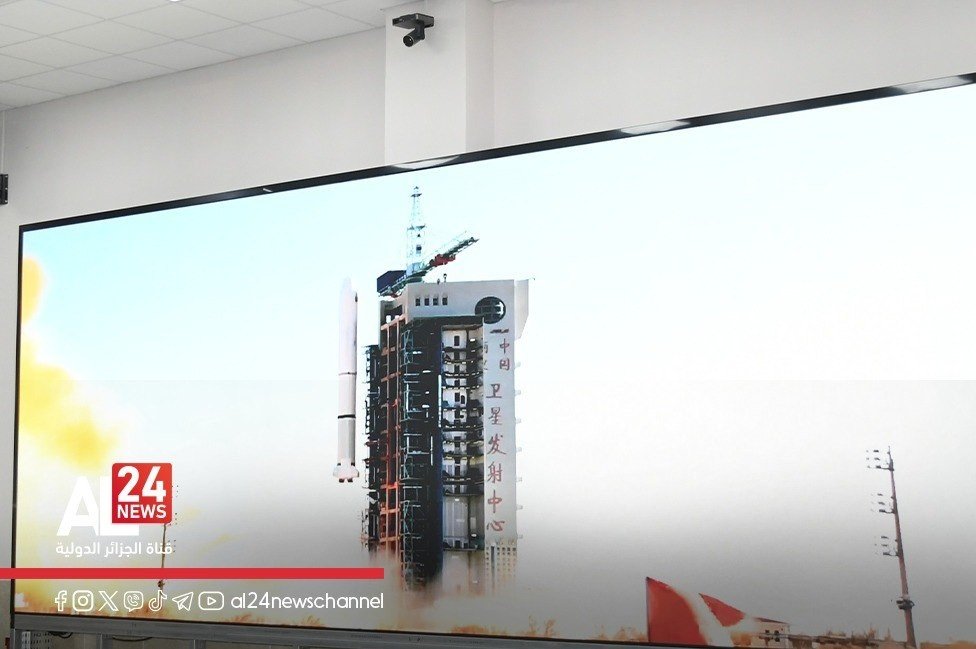RIYADH – As Saudi Arabia prepares to introduce stablecoins under national regulation, major global crypto exchanges have expressed strong support for the Kingdom’s growing digital asset ambitions.
During a recent event, Minister of Municipal, Rural Affairs and Housing Majed al-Hogail confirmed that the government is working with the Capital Market Authority (CMA) and the Saudi Central Bank (SAMA) to launch stablecoins, marking a significant step toward digital currency adoption.
Al-Hogail said that if digital currencies are developed in line with Saudi values and regulations, “it will create a faster financial system.”
Advancing the Financial Ecosystem
Stablecoins are digital currencies pegged to stable assets such as fiat money or gold, combining the speed of blockchain transactions with the stability of traditional money. Their regulated use can enable faster payments, lower remittance costs, and improved cross-border trade.
Saudi Arabia’s initiative follows the UAE’s move to allow stablecoin payments in select sectors. With over 79% of retail transactions already cashless, the Kingdom is well-positioned to leverage digital assets to strengthen its position as a logistics and financial hub.
A Turning Point for the Region
Vivien Lin, Chief Product Officer at crypto exchange BingX, called the move a “turning point for the region’s digital-asset landscape.” She said the Kingdom’s efforts indicate that stablecoins are moving “from research to implementation” within a supervised, risk-aware framework aligned with SAMA and CMA.
Lin added that this approach allows stablecoins to operate “within existing regulation for instant settlement and greater liquidity efficiency.”
Michelle Daura, Head of Regulated Regions at Bybit, praised the plan as a “strong sign of progress,” emphasizing that regulated stablecoins could advance the financial ecosystem when tied to clear policy and consumer protection standards.
“Stablecoins can transform payments, trade, and innovation when governed transparently,” Daura said. “This reflects Saudi Arabia’s commitment to modernization, financial stability, and inclusion.”
According to Fintech Saudi, the Kingdom’s fintech sector is expected to reach 280 firms by 2025. Bybit has pledged to support this growth through knowledge sharing, localized product development, and regulator partnerships.
Transforming Payments, Trade, and Remittances
Both BingX and Bybit see stablecoins as catalysts for faster and more efficient financial systems. Lin said they can “compress settlement from days to near-instant, cut cross-border costs, and improve traceability.”
Daura agreed, noting that regulated stablecoins could reshape cross-border flows with “faster settlement, lower costs, and greater efficiency.”
Key Sectors Set to Benefit
The two executives identified fintech, real estate, and retail as major beneficiaries of regulated digital assets:
- Fintech: Programmable finance and instant settlement can enable inclusive, data-driven products.
- Real Estate: Tokenization can open cross-border investments and fractional ownership.
- Retail: Digital assets can streamline e-commerce, loyalty programs, and cross-border shopping.
“In all cases,” Daura concluded, “regulated digital assets act as enablers for innovation, perfectly aligned with Saudi Arabia’s Vision 2030 goals.”















